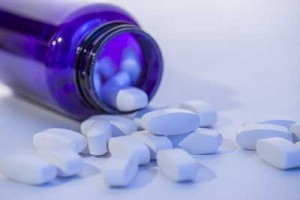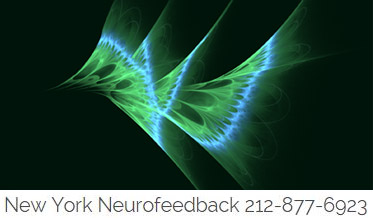-
The Daytime Risks of Nighttime Sleep Aids
- Posted on May 21, 2013
- by Catherine Boyer
- in NeurOptimal®, New York Neurofeedback, Sleep
- Comments Off on The Daytime Risks of Nighttime Sleep Aids
The New York Times published an article a couple of months ago on important current research into the safety of sleep medications.
The safety and the effectiveness for falling asleep is studied prior to a new drug being put on the market (which doesn’t mean risks don’t come to light later). The newer research is also studying to what degree functioning is affected the morning after.
To Judge Sleep Aids, U.S. Looks at Drowsy Driving in the Morning, is by Katie Thomas. She talks about research results and some pretty harrowing statistics. I’ll let you read those for yourself. She also talks about some strong steps the FDA has taken, including:
- Rejecting Merck’s latest sleep drug because people had difficulty driving the next day.
- Requiring that the dosage of Ambien and its generic form zolpiderm be cut in half for women.
- Warning that the sedative effects of allergy medication Benadryl – often purchased over the counter for use as a sleep aid – can persist into the next day.
Have you read the “don’t operate heavy machinery” warning so often that you ignore it? My advice is to think again.

I first met NeurOptimal® neurofeedback in 2002 when someone suggested it for my life long problems with sleep. I had tried many medications as well as meditation, yoga, acupuncture, the list is long. Nothing helped, or, if it did, the side effects were not tolerable.
NeurOptimal® is training. There is no diagnosis and protocol-based treatment as there is with linear neurofeedback. Sleep improvements weren’t targeted. It is well-known, though, that NeurOptimal® promotes healthy sleep habits and improved sleep management.
That is exactly what happened for me and has for many of my clients. Waking refreshed is one of life’s great pleasures.
Please post questions here on the blog or email me.
Catherine Boyer, MA, LCSW
New York Neurofeedback
If you enjoyed this article please consider sharing it!






